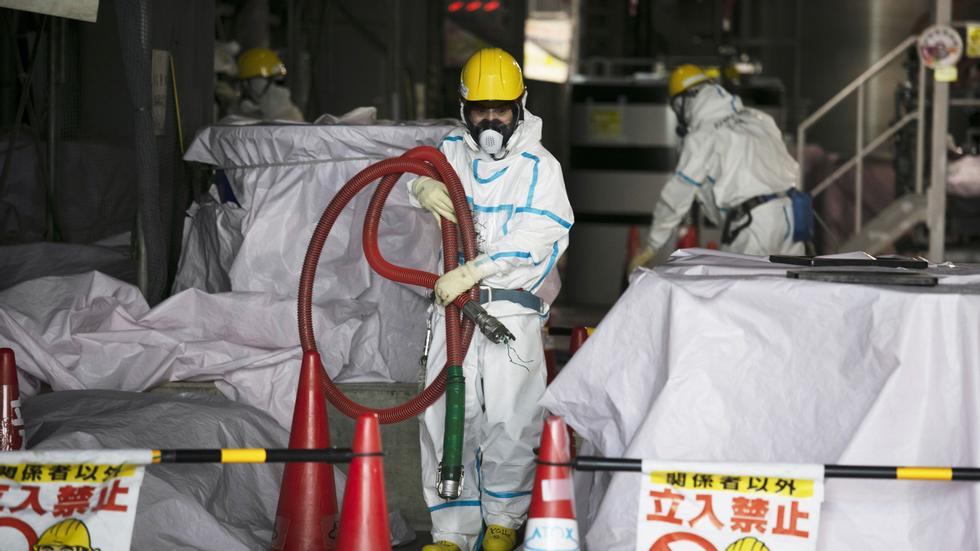It has been almost ten years since Japan’s northeastern coastline was hit by a violent tsunami following a powerful earthquake. The giant wave knocked out the cooling systems of three of the six reactors at the Fukushima Daiichi nuclear power plant, located 240 kilometers north of Tokyo. All three reactor cores melted, causing emissions of radioactive substances.
Thousands perished
More than 18,000 people died in the disaster that struck on March 11, 2011. More than 6,000 people were injured.
After the disaster, all reactors in Japan were stopped – and the authorities implemented new and strict safety regulations. Only nine of the country’s reactors are in operation today – compared to 54 before the accident.
About twenty reactors will be decommissioned.
The disaster has left deep scars on Japanese society. The majority of the inhabitants now do not want the authorities to continue investing in nuclear power. In several places, residents of local communities with closed nuclear power plants have sued to prevent their restart.
Low production
In 2019, the country’s nuclear power plant accounted for only 6.2 per cent of the country’s energy production – against the previous 30 per cent. The question now is how the future will be.
The Japanese government has set a goal of making nuclear power plants around 20 percent of energy production by 2030. They want to revitalize the sector – both because it will reduce the country’s dependence on energy imports – and to reach the goal of carbon neutrality by 2050.
But many experts doubt that the goal is realistic. Not least because the costs of implementing the new security measures will be sky high. And so there is great opposition in the people.
Liquidation costs
The costs of decommissioning nuclear power plants are also enormous. And will be in the future.
The price for the clean-up after the disaster at Fukushima Daiichi is also gigantic.
Today, the area around the reactors has been cleared after gigantic operations. Concrete dikes have also been built as protection against new tsunamis.
But the most difficult work remains: to remove 900 tons of molten radioactive material. It is a process that is expected to take between 30 and 40 years.
Nuclear power has no future?
Takeo Kikkawa is an energy expert and professor at the International University of Japan. He believes that the future of nuclear power in Japan is very bleak.
– Without plans for new facilities, nuclear power in Japan will gradually disappear, he predicts.
Some Japanese companies in the energy sector seem to agree. More are increasing their investments in renewable energy to meet the requirement for carbon neutrality. Companies such as Toshiba and Hitachi have gone out of business in the UK.
The Japanese energy company Tepco, which is, among other things, the operator of Fukushima Daiichi, announced last year that they would invest 18 billion dollars (approx. 152 billion kroner) over 10 years in the green energy sector.
–


